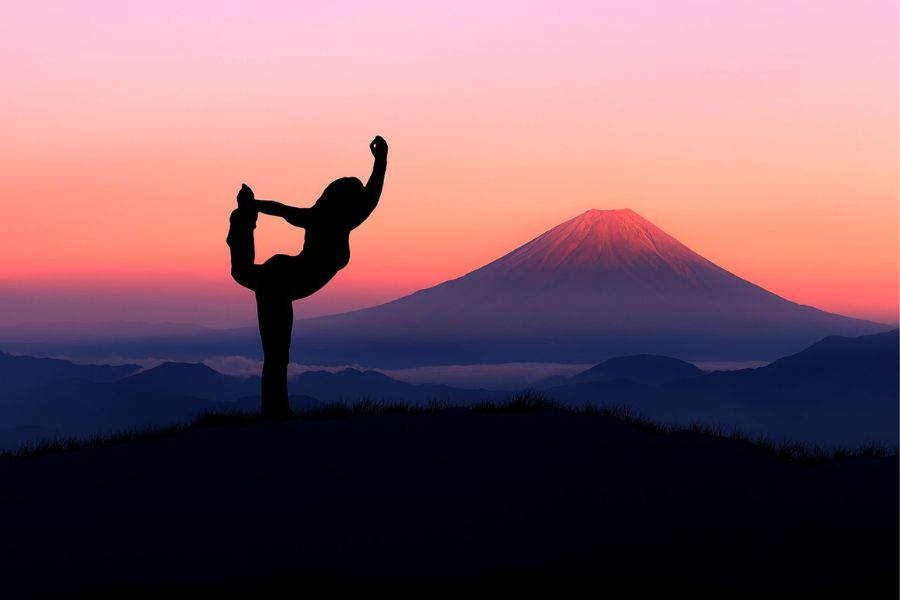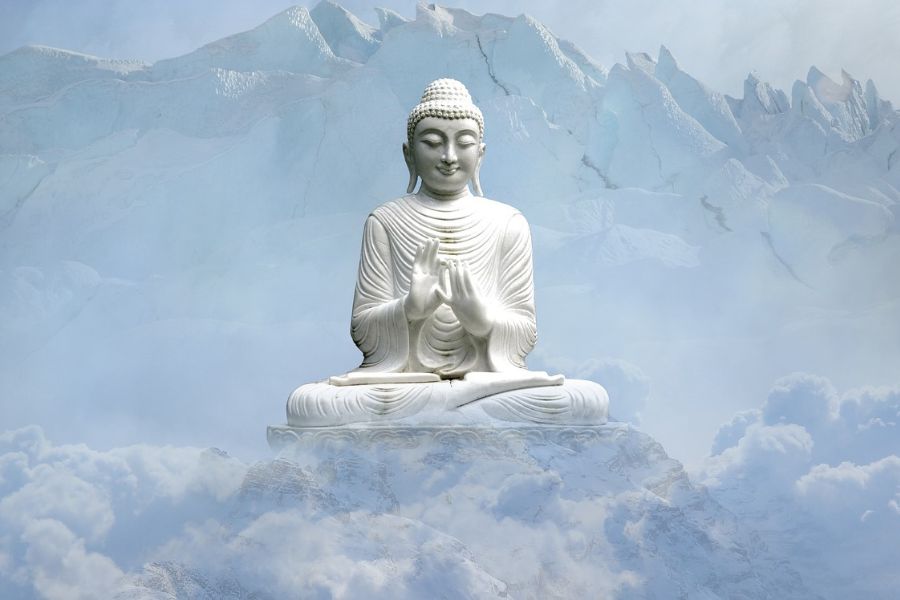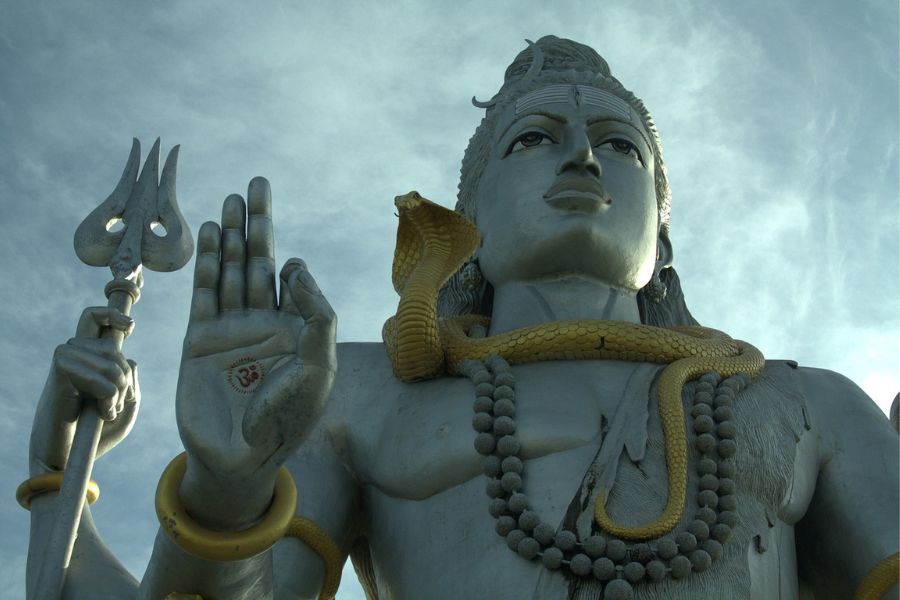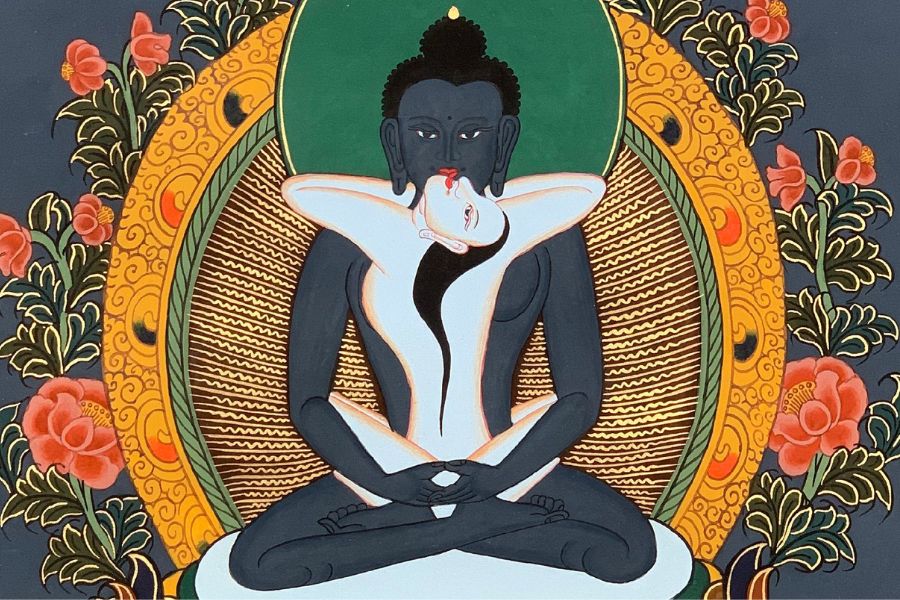It is crucial to understand that what truly matters is the transformation of life. This is possible when one is committed to making a profound change.
Transformation, by its nature, implies that something changes at its core and becomes something different.
Historically, the concept of transformation dates back to the medieval alchemists, who spoke of the "transmutation of lead into gold." However, they did not always refer only to the physical transmutation of metals. They often used this metaphor to illustrate the transformation of the "lead of personality" into the "gold of the spirit." In the Gospels, the idea of the "earthly man" is also compared to a seed capable of growing, a symbol of the same transformation. For a plant to grow, the seed must die. Thus, in any process of transformation, there is always the presence of both death and rebirth, or, in spiritual terms, death and resurrection.
The human being, in essence, is a machine capable of transforming the food it consumes in order to continue existing. But are all the foods we ingest equally important for our survival?
The food that enters the body divides into three categories essential for our transformation. The first type of food can be called "food," that which is consumed through the mouth. The stomach, as a vital organ, has the function of transforming this food into nutrients that the body can absorb. Without the stomach, this vital transformation would not be possible.
However, physical food is not the most important. Although essential for survival, one can survive for long periods without food. Mahatma Gandhi, for example, went up to 40 days without eating, and at other times, he went without food for two or three months. Therefore, while physical food is fundamental, it is not the most crucial factor for our survival.
The second type of food is "prana," the vital energy that we absorb through breathing. The air we inhale is transformed into oxygen in the lungs, and this oxygen spreads through the bloodstream, nourishing the body. Breathing thus proves to be more important than eating since, while we can survive for some time without food, we cannot go without breathing for more than a few minutes. The importance of prana is clear: without it, life would not be possible.
Finally, there is a third type of food even more essential: impressions. Impressions are everything we perceive through our senses — sounds, images, smells, sensations, and stimuli. We live and exist through these impressions. If the air did not leave impressions in our lungs, we would not live; if food did not make an impression in the stomach, we could not absorb its nutrients. Impressions are thus fundamental to our existence.
Unfortunately, unlike physical food and the air we breathe, we do not have an organ dedicated to transforming impressions. We do not have a "stomach" for the impressions we constantly receive. This raises a crucial question: why, just like food and oxygen, do impressions not undergo a transformation process in the body?
For Nature, however, there is no need for the "intellectual animal" to transform its impressions. Humans, like animals, absorb and react to impressions immediately. However, if we wish to evolve and cease being mere "intellectual animals," we must learn to transform these impressions. For this, a deeper knowledge is required, which is provided by esoteric wisdom.
The Reality of Impressions
The great fallacy of everyday life is believing that the physical, tangible, and material world is what truly matters. Most people view practical life as something that occurs on the physical plane, without realizing that, in fact, the reality we experience is a succession of impressions. What we see, hear, feel, and touch — all of these are impressions. The life we have is not, in fact, a solid reality but a mental construction made up of these impressions we capture at each moment.
The idea that we are living in a physical and concrete world is an illusion generated by our perception. If we did not have our senses, what would become of our experience of the world? We would have no perception of what we call "reality." Everything we see — the person sitting in a chair, the distant smile of someone, the sound of a bird on a branch — are, in fact, impressions.
Therefore, the true essence of life is made up of these impressions that the mind processes. Joy, sadness, difficulties, and challenges of life are all presented to the mind as impressions. This is why transforming these impressions becomes a vital skill for us to shape our lives more consciously and profoundly.
The key to transforming life lies in the ability to transform the impressions we receive. They shape our perception of the world and, consequently, our experience of life. If we do not know how to consciously transform these impressions, we are at the mercy of the automatic reactions of the mind, with no control over our emotions and thoughts.
To truly transform our lives, an internal effort of transformation is required, going beyond food and breathing. We must learn to work with the impressions that form the basis of our reality and, with this, achieve a fuller and more conscious existence.




















